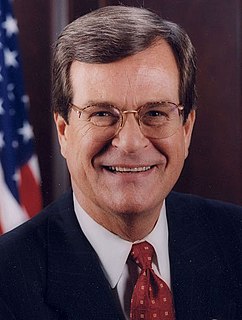
The 1996 United States Senate elections coincided with the presidential election, in which Democrat Bill Clinton was re-elected President.

The 2006 Georgia gubernatorial election was held on November 7, 2006. Incumbent Republican Governor Sonny Perdue ran for re-election to a second and final term as governor. Governor Perdue was renominated by the Republican Party, defeating a minor opponent in the process, while Lieutenant Governor Mark Taylor narrowly emerged victorious from a competitive Democratic primary. In the general election, though Taylor ran a spirited campaign, Perdue was aided by the increasing tendency of the state to vote for Republicans and by his popularity with the public; polling showed his approval ratings above sixty percent. In the end, Perdue was overwhelmingly re-elected as governor, defeating Taylor in a landslide.

The Iowa gubernatorial election of 2006 took place November 7, 2006. The incumbent governor, Tom Vilsack, a Democrat, had served two terms and decided not to seek a third term. In the election, Chet Culver defeated Jim Nussle to win the governorship, by a margin of 54.4 percent to 44.1 percent. As of 2019, this is the last time a Democrat has won the governorship of Iowa.
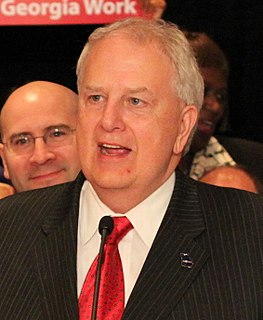
The 2010 Georgia gubernatorial election was held on November 2, 2010. Incumbent Republican Governor Sonny Perdue was term-limited and unable to seek re-election. Primary elections for the Republican and Democratic parties took place on July 20, with a Republican runoff on August 10. The Libertarian Party also had ballot access and nominated John Monds. On November 2, 2010, Barnes conceded to Nathan Deal. He took office on January 10, 2011.
Georgia's state elections will be held on November 4, 2008. The primary elections were held on February 5, also known as Super Tuesday.

The 2002 Georgia gubernatorial election was held on November 5, 2002. Incumbent Democratic Governor Roy Barnes sought re-election to a second term as governor. State Senator Sonny Perdue emerged as the Republican nominee from a crowded and hotly contested primary, and he faced off against Barnes, who had faced no opponents in his primary election, in the general election. Though Barnes had been nicknamed "King Roy" due to his unique ability to get his legislative priorities passed, he faced a backlash among Georgia voters due to his proposal to change the state flag. Ultimately, Perdue was able to defeat incumbent Governor Barnes and became the first Republican to serve as governor of the state since Reconstruction.
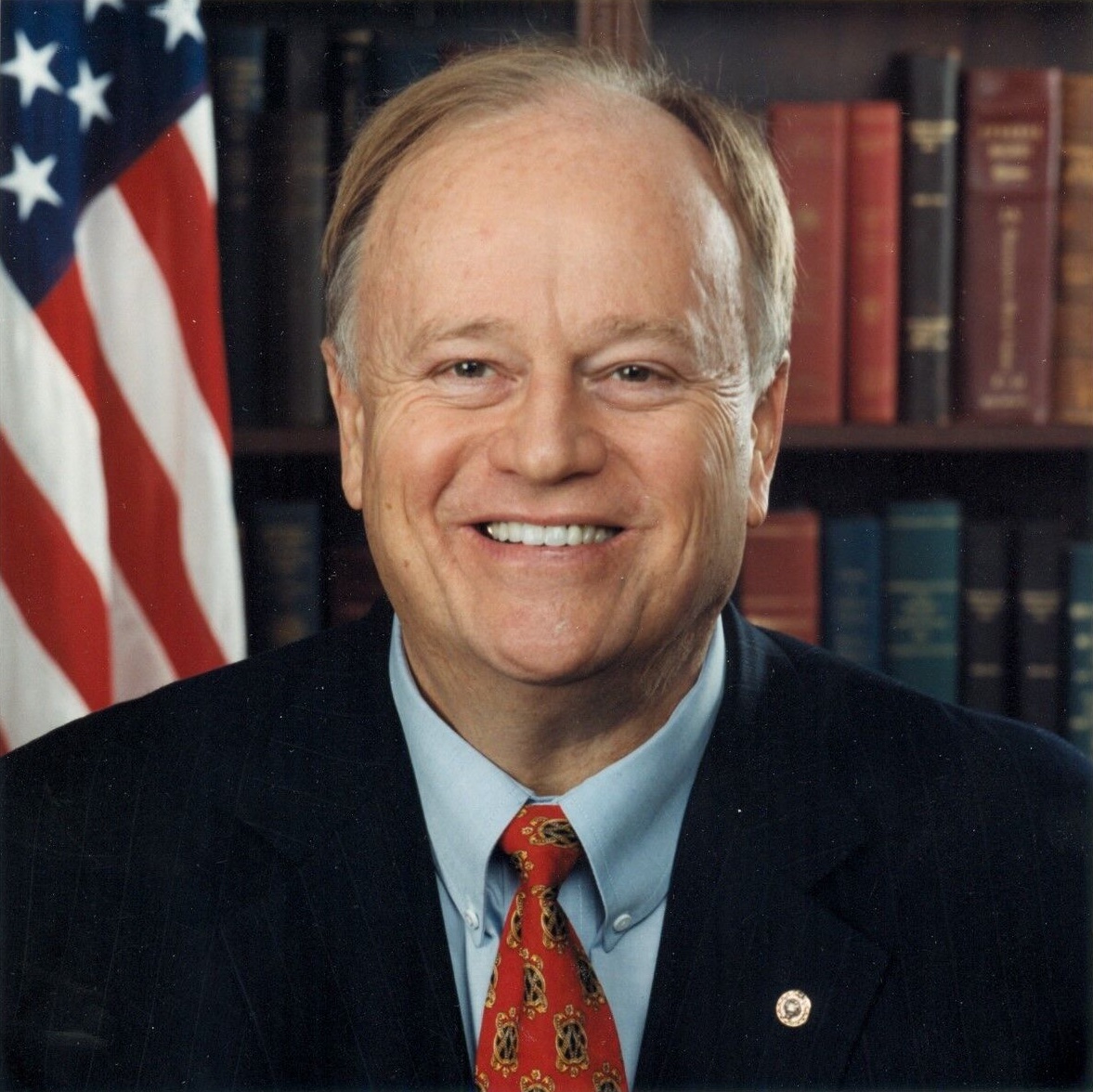
The 1996 United States Senate election in Georgia was held on November 5, 1996. Incumbent Democratic United States Senator Sam Nunn decided to retire instead of seeking a fifth term. The Republican Party nominated Guy Millner, a multi-millionaire businessman who was also the unsuccessful candidate who ran against Zell Miller in the 1994 gubernatorial election. Millner emerged as the victor from a crowded 6-person primary in July 1996. However, Max Cleland, the Secretary of State of Georgia ran unopposed in the Democratic primary.

The 1998 Colorado gubernatorial election was held on November 3, 1998 to select the governor of the state of Colorado. Roy Romer, the Democratic incumbent was term limited and could not run again. The Republican nominee, Colorado Treasurer Bill Owens, narrowly defeated the Democratic nominee, Colorado Lieutenant Governor Gail Schoettler, to flip the seat to the Republicans for the first time in 24 years.
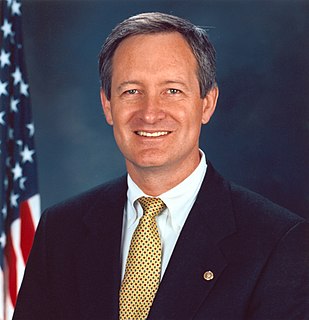
The 1998 United States Senate election in Idaho was held November 3, 1998 alongside other elections to the United States Senate in other states as well as elections to the United States House of Representatives and various state and local elections. Incumbent Republican U.S. Senator Dirk Kempthorne decided to retire after one term to run for governor. Republican nominee Mike Crapo won the open seat.
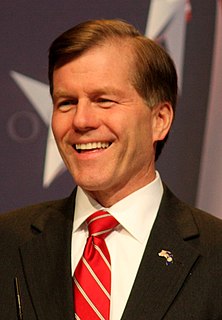
United States gubernatorial elections were held in 12 states and two territories. Of the eight Democratic and four Republican seats contested, only that of North Carolina changed party hands, giving the Republicans a net gain of one governorship. These elections coincided with the presidential election on November 6, 2012.
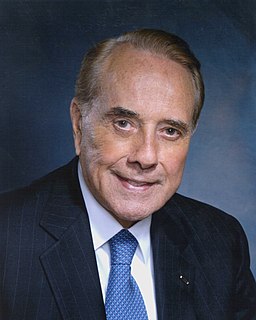
The 1996 United States presidential election in Georgia took place on November 5, 1996, as part of the 1996 United States presidential election. Voters chose thirteen representatives, or electors to the Electoral College, who voted for president and vice president.

The 1994 Georgia gubernatorial election occurred on November 8, 1994, to elect the next Governor of Georgia from 1995 to 1999. Incumbent Democratic Governor Zell Miller, first elected in 1990, ran for a second term. In his party's primary, Miller received three challengers, but easily prevailed with just over 70% of the vote. The contest for the Republican nomination, however, was a competitive race. As no candidate received a majority of the vote, John Knox and Guy Millner advanced to a run-off election. Millner was victorious and received the Republican nomination after garnering 59.41% of the vote.

The 1996 United States Senate election in Maine was held November 5, 1996. Incumbent Republican United States Senator William Cohen decided to retire instead of seeking a fourth term. To replace him, United States Congressman and former Governor of Maine Joseph E. Brennan won the Democratic primary while political consultant and 1994 nominee for Governor of Maine Susan Collins won the Republican primary. A competitive general election ensued, but Collins ultimately won out over Brennan, keeping the seat in the Republican column. With Collins' election to the Senate in 1996, Maine became only the second state after California to have two sitting women senators.

The 2012 Missouri gubernatorial election was held on November 6, 2012, to elect the Governor of Missouri. Democratic incumbent Jay Nixon won re-election against the Republican nominee, businessman Dave Spence.

When incumbent Democratic Governor Jeanne Shaheen opted to run for the United States Senate rather than seek a fourth term as governor, self-funding businessman Craig Benson, the Republican nominee defeated Mark Fernald, a New Hampshire State Senator and the Democratic nominee, in the general election after each of them won contested primary elections.

The 1990 Ohio gubernatorial election was held on November 6, 1990. Incumbent Democratic Governor of Ohio Dick Celeste was unable to run for a third term due to term limits, thus creating an open seat. Former Mayor of Cleveland George Voinovich, who also ran for the United States Senate in 1988, was uncontested for the Republican nomination, while Ohio Attorney General Anthony J. Celebrezze Jr. emerged from the Democratic primary. In the end, Voinovich was able to defeat Celebrezze by a fairly wide margin, enabling him to win what would be the first of two terms as governor.
The 2014 United States House of Representatives elections in Georgia were held on Tuesday, November 4, 2014, to elect the 14 U.S. Representatives from the state of Georgia, one from each of the state's 14 congressional districts. The elections coincided with the elections of other federal and state offices, including Governor of Georgia and U.S. Senator.






















